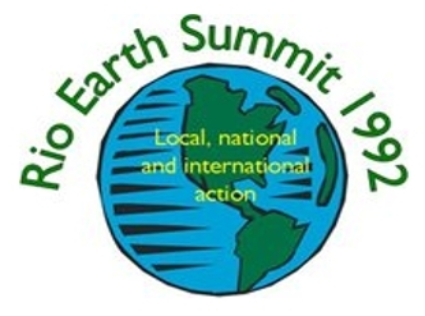The World Travel Awards were founded by the World Travel and Tourism Council (WTTC) in 1993 to acknowledge, reward and celebrate excellence across all key sectors of the travel, tourism and hospitality industries.
EQI's Adrere Amellal ecolodge was recognized by the as Egypt's Leading Boutique Hotel in 2011, and Egypt's Leading Green Hotel in 2019.
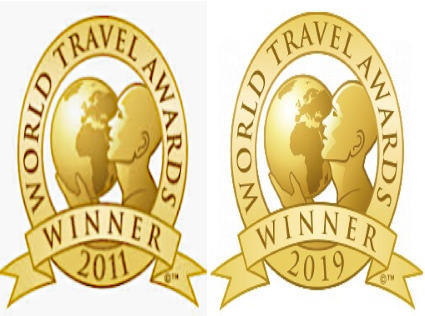
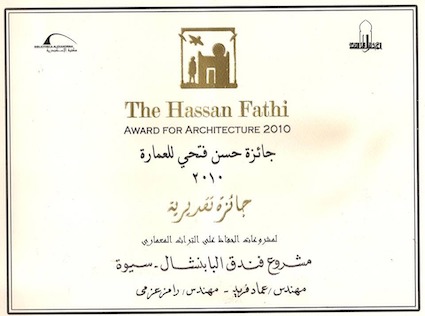
National Geograpic Adventure recognized Adrere Amèllal as one of its top 50 Eco-Lodges worldwide in the year 2009.
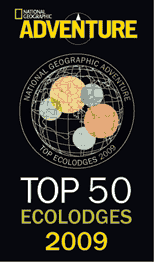

Tatler Travel Awards 2008 awarded Adrère Amella with the Most Exciting Eco-Hotel.
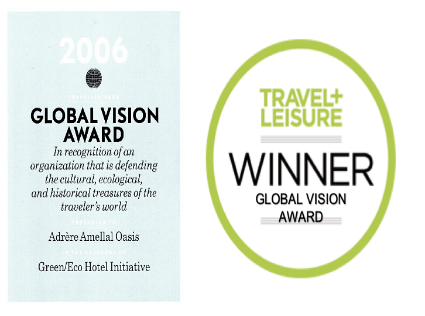
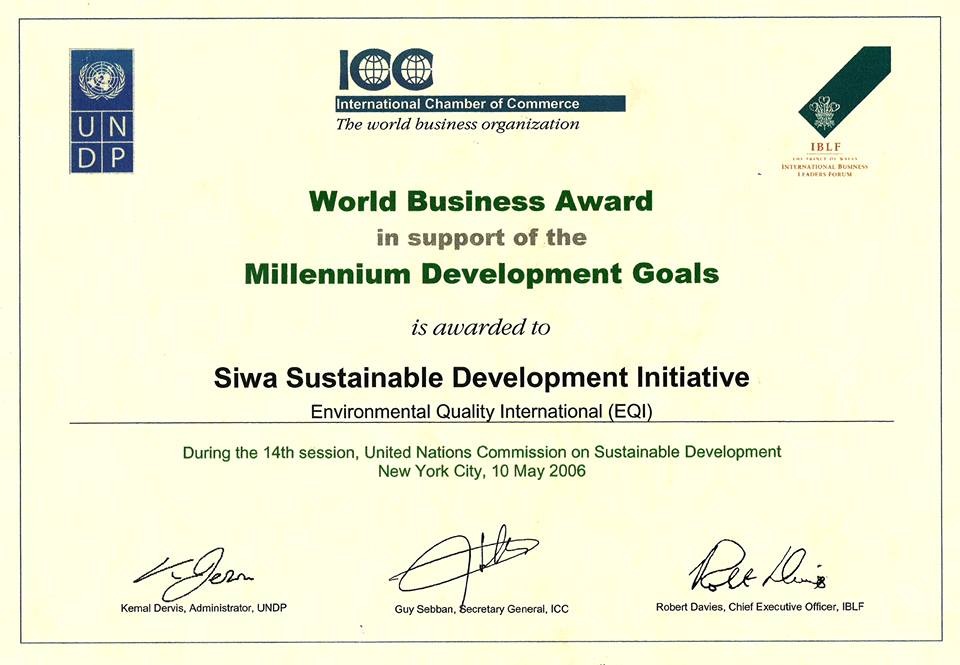
The Siwa Sustainable Development Initiative was selected as a Best Practice, because of the direct investment EQI has drawn on the local community’s traditional skills, knowledge and creativity to create an example of sustainable development that can serve as a source of inspiration to the world at large. The initiative has created hundreds of jobs for the local community, revitalizing traditional handicrafts, and reviving centuries old systems for managing the environment.
The Tourism for Tomorrow Awards, initially established in 1989 by the Federation of Tour Operators, taken over by British Airways in 1992, and now under the auspices of the World Travel and Tourism Council (WTTC), recognise tourist organisations which have contributed to their local natural and cultural environment. Awards cover several categories to encourage and acknowledge developments in sustainable tourism, and are open to anyone involved in the industry worldwide.
EQI's Adrère Amellal Eco Lodge was recognized in 1999.
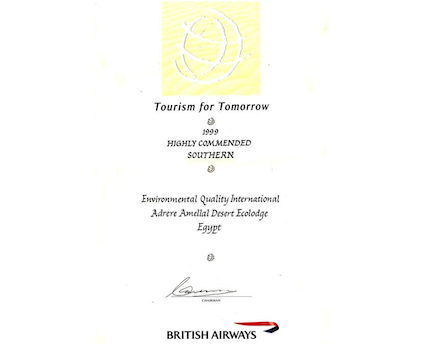
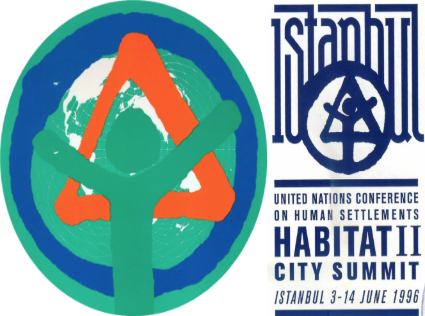
The Small and Micro Enterprise Development Project was proclaimed by Habitat II, Istanbul in 1996, as one of forty "Best Practices" in the world. The project aimed to promote the development of small and microenterprises by providing them with access to small loans and technical assistance. It made available over 1 billion US dollars in credit to small and micro entrepreneurs in eight governorates in Egypt.
The Zabbaleen Environmental and Development Programme was lauded at the 1992 Rio Earth Summit for "demonstrating with inspiration how global issues can be addressed by concrete local action". The program incorporated an integrated set of environmental improvement and human development projects designed to improve living conditions and waste management practices in Cairo’s largest settlement of garbage collectors. It resulted in a marked reduction in infant mortality, a higher education profile, greater access to infrastructure and environmental services and the creation of hundreds of job opportunities, with a particular focus on waste recycling.
